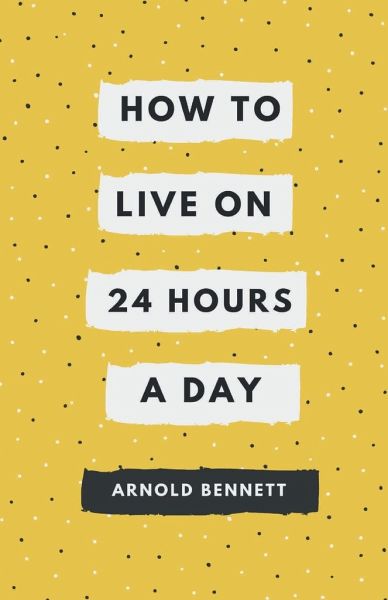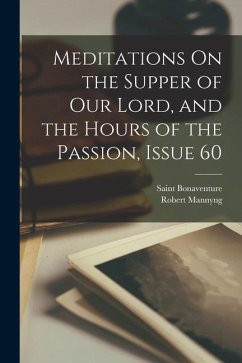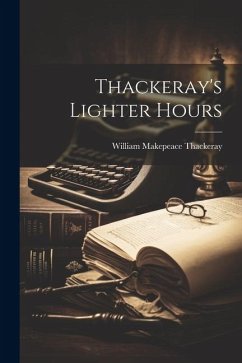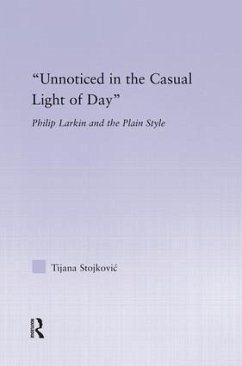
How to Live on 24 Hours a Day
Versandkostenfrei!
Versandfertig in 1-2 Wochen
11,99 €
inkl. MwSt.

PAYBACK Punkte
6 °P sammeln!
This preface, though placed at the beginning, as a preface must be, should be read at the end of the book. I have received a large amount of correspondence concerning this small work, and many reviews of it-some of them nearly as long as the book itself-have been printed. But scarcely any of the comment has been adverse. Some people have objected to a frivolity of tone; but as the tone is not, in my opinion, at all frivolous, this objection did not impress me; and had no weightier reproach been put forward I might almost have been persuaded that the volume was flawless! A more serious strictur...
This preface, though placed at the beginning, as a preface must be, should be read at the end of the book. I have received a large amount of correspondence concerning this small work, and many reviews of it-some of them nearly as long as the book itself-have been printed. But scarcely any of the comment has been adverse. Some people have objected to a frivolity of tone; but as the tone is not, in my opinion, at all frivolous, this objection did not impress me; and had no weightier reproach been put forward I might almost have been persuaded that the volume was flawless! A more serious stricture has, however, been offered-not in the press, but by sundry obviously sincere correspondents-and I must deal with it. A reference to page 43 will show that I anticipated and feared this disapprobation. The sentence against which protests have been made is as follows:-"In the majority of instances he [the typical man] does not precisely feel a passion for his business; at best he does not dislike it. He begins his business functions with some reluctance, as late as he can, and he ends them with joy, as early as he can. And his engines, while he is engaged in his business, are seldom at their full 'h.p.'"












